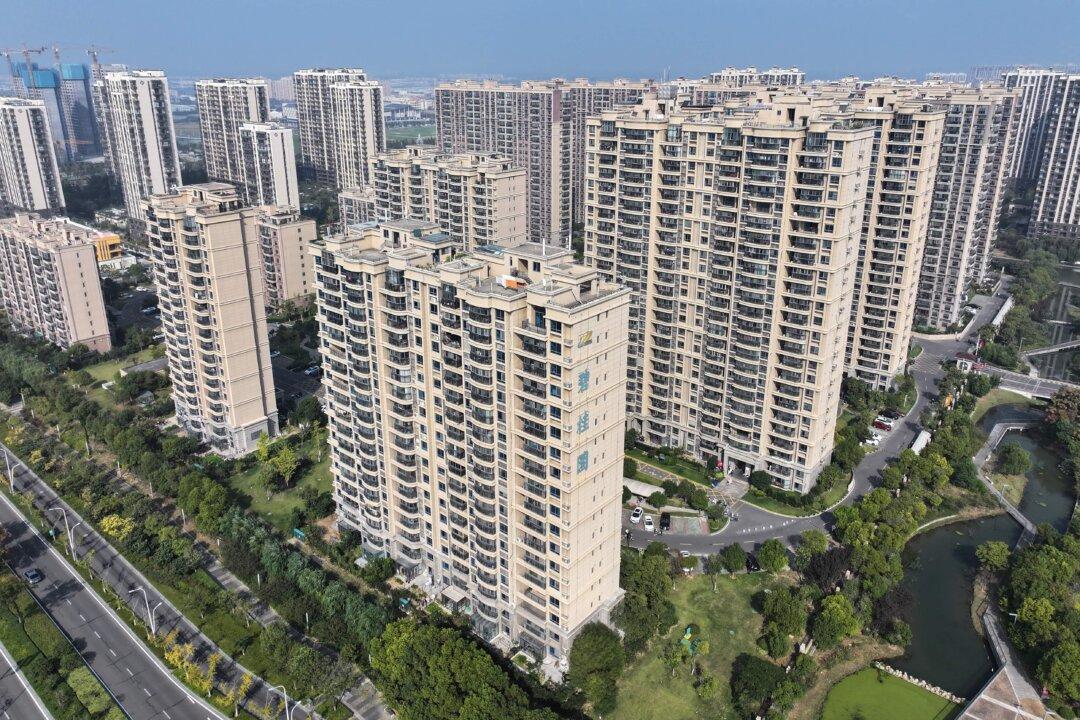News Analysis
Despite the ruling Chinese Communist Party’s (CCP’s) recent bailouts, the decline in China’s real estate market persists, marked by a continuous drop in home prices in first-tier cities, according to the latest data.

Despite the ruling Chinese Communist Party’s (CCP’s) recent bailouts, the decline in China’s real estate market persists, marked by a continuous drop in home prices in first-tier cities, according to the latest data.